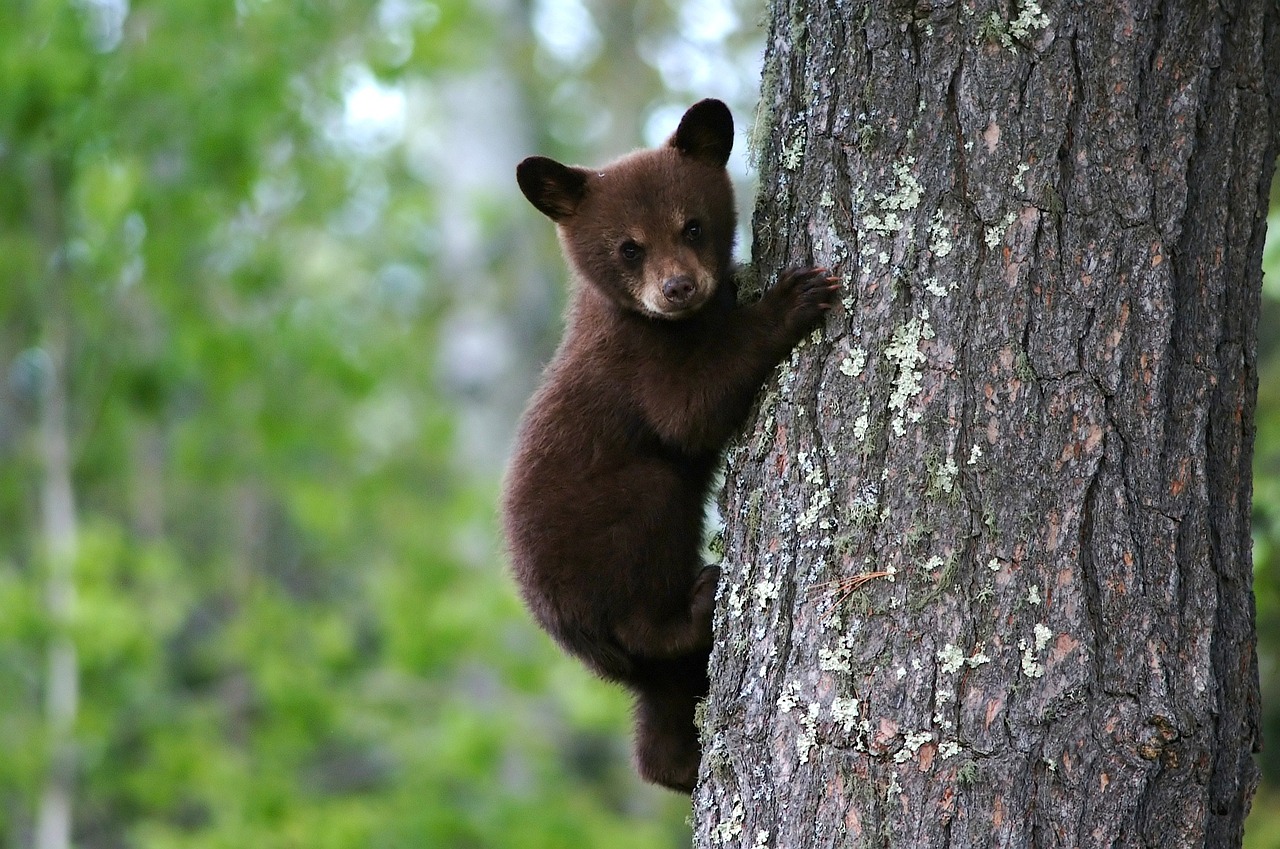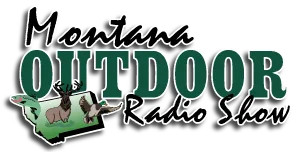Cubs will be placed in a zoo
HELENA – Two black bear cubs that were captured in August in Butte are on their way to a zoo for permanent placement.
The two cubs were placed at the Montana Fish, Wildlife & Parks Wildlife Center in Helena in August following an incident in Butte where a female bear and two cubs were known to be feeding on unsecured garbage around town. The behavior had become habitual and presented a human safety concern.
FWP officials euthanized the adult bear due to its food-conditioned behavior and took the cubs to the Wildlife Center for temporary care. Wildlife health staff observed garbage in the cubs’ scat initially after capture, and the bears did not show fear of humans at any time during their holding period—clear indications that the young bears were comfortable around people and not good candidates for being released into the wild.
Be bear aware
Placing young bears in zoos is not always possible, and keeping wildlife wild is preferred. Fortunately, attractant-related conflicts with wildlife are preventable.
Residents, businesses and visitors should store food, garbage and other attractants securely indoors or in certified bear-resistant containers. Intentionally or negligently feeding wildlife, including bears, is illegal in Montana and can lead to fines and other penalties.
Black bears can be found almost anywhere in Montana. Grizzly bear populations continue to become denser and more widespread in the state, increasing the likelihood that residents and recreationists will encounter them in more places each year. People should be prepared to encounter grizzly bears in much of the western two-thirds of Montana, including places where grizzly bears haven’t been present for decades.
Avoiding conflicts with bears is easier than dealing with such conflicts. Here are some precautions to help residents, recreationists and people who work outdoors avoid negative bear encounters:
- Carry bear spray and be prepared to use it immediately.
- Travel in groups whenever possible and make noise, which can help alert bears to your presence.
- Stay away from animal carcasses, which often attract bears.
- Watch for signs of bears such as bear scat, diggings, torn-up logs, turned-over rocks and partly consumed animal carcasses.
- Follow food storage orders from the applicable land management agency.
- If you encounter a bear, never approach it.
- Keep garbage, bird feeders, pet food and other attractants put away in a secure building from March until December. Keep garbage in a secure building until the day it is collected. Certified bear-resistant garbage containers are available in many areas.
- Never feed wildlife. Bears that become food conditioned lose their natural foraging behavior and pose threats to human safety.
For more information and resources on bear safety, click here.




